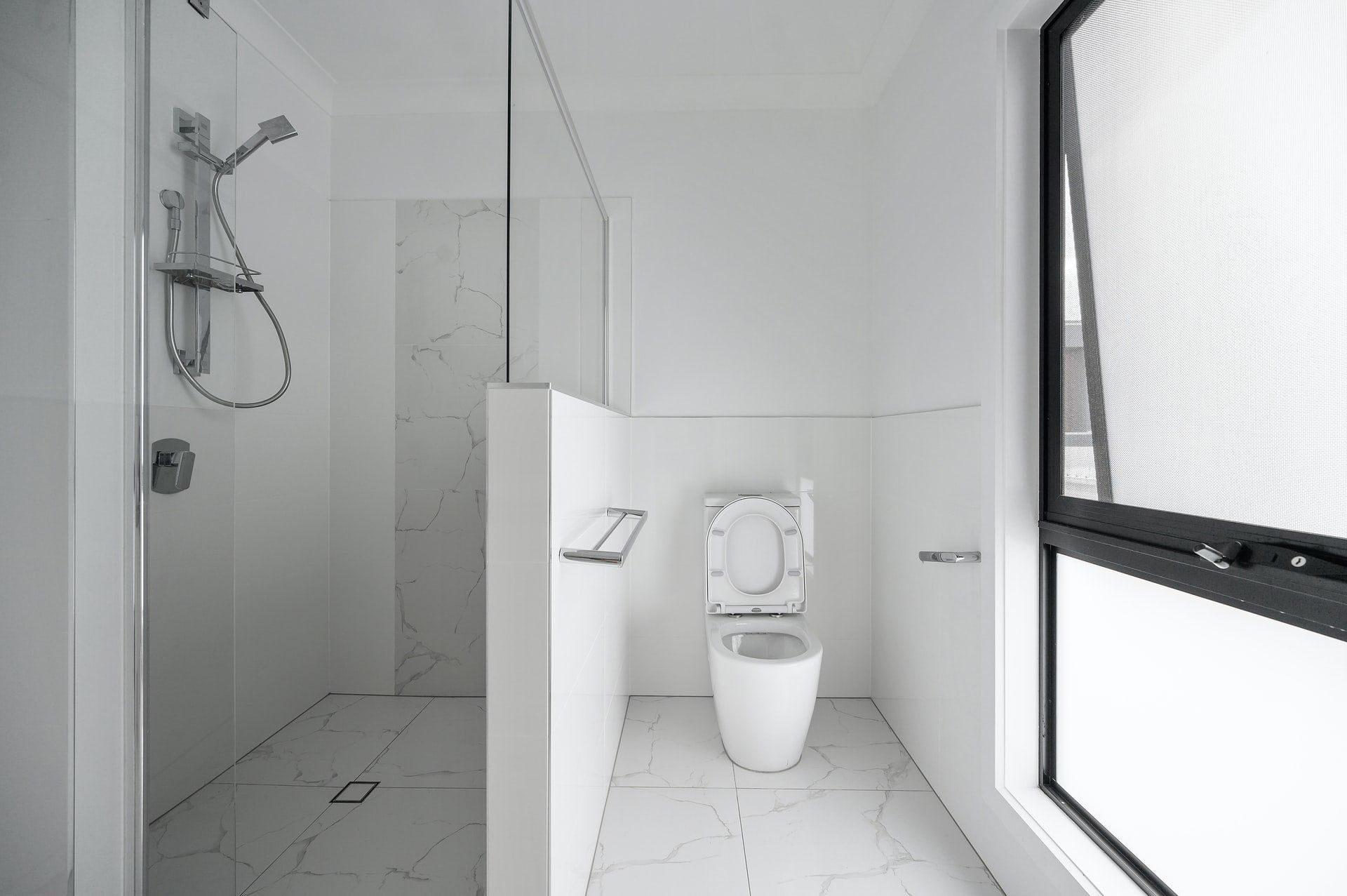5 Causes of Recurring Toilet Clogs and How to Resolve Them

Some toilet clogs can be easily fixed with a plunger and a few tugs. Others, however, aren’t so simplistic. If your home’s toilet clogs regularly, it may be caused by something worse.
So if you don’t want to experience a sudden burst or a leak from your pipes, you need to get to the bottom of the issue, identify the root cause, and resolve your clogging problem.
If you occasionally deal with toilet clogs, the following plumbing problems may be behind them:
1. Blockages Down the Toilet
Flushing toilet paper isn’t an issue for modern toilets. However, only one-ply toilet papers that can easily be flushed down the toilet are recommended. Anything thicker than that may result in clogging.
Other materials that can clog toilets are cotton balls, dental floss, baby wipes, paper towels, sanitary napkins, tampons, and cigarette pads. It’s best to avoid flushing them down the toilet and dispose of them appropriately.
2. Poor Water Quality
Even water from your water service isn’t guaranteed to be of pure quality. Some service providers even have hard water that contains too many chemicals and leaves residue down your pipes. The buildup of these chemicals may clog and damage your home’s plumbing system.
While replacing, repairing, or cleaning your pipes is a straightforward solution, installing a water treatment system may be better. That softens your water supply and keeps you safe from hard water’s potential hygienic dangers.
3. Weak Flushing Capacity
Toilet manufacturers created the low-flush toilet to contribute to water conservation efforts. This toilet uses less water for every flush. While it was seen as an effective alternative to older designs that used more than six gallons of water per flush, it might not be the best model for your home.
Having a low-flush toilet may mean saving up on your water bill, but they usually don’t exert enough pressure to push waste down the toilet drain safely. It could be what causes your recurring clogs. Prevent that from happening again by getting your toilet inspected and upgraded to a practical model with energy-saving features but higher pressure.
4. Sewer or Septic Tank Complications
An occasionally clogged toilet may also be caused by major plumbing issues that can be traced back to your sewer or septic tank line. Even when you have your toilet’s components repaired or replaced, if the problem is in your septic tank or sewer, it won’t solve your clogging problem.
5. Inefficient Toilet Vent Systems
Plumbing systems usually follow a drain-waste-vent system that uses drainage fixtures to flush the waste down the sewer or septic tank. If your toilet isn’t properly connected to the vent, waste won’t be flushed down the drain effectively. That and blockages from other drain pipes could lead to recurring toilet clogs.
Conclusion
Having the problem of a clogged toilet can be either easy or very challenging. For recurring clogs, identifying the main cause of the problem isn’t always quick, and it’s more stressful when the problem directs to an issue with your plumbing. When your toilet gets occasionally clogged, it’s best to seek a reliable plumber to resolve the issue.
If you want to prevent future problems with your toilets, All City Plumbers is here to help! We are a residential and commercial plumbing service in Birmingham, AL, resolving our customers’ plumbing problems. We offer 24-hour emergency plumbing service, and our trained and experienced plumbing team guarantees to get the job done. So if you need sewage and drain cleaning services in Birmingham, AL , contact us now! You may call us at 855-266-7682 for emergency service.











